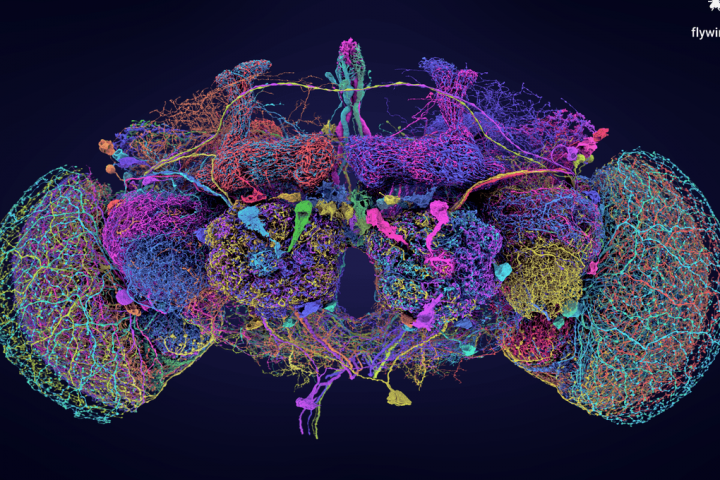A groundbreaking global study has revealed a startling increase of 79.1 percent in early onset cancer cases among individuals under the age of 50 between 1990 and 2019.
Conducted by a team of experts from around the world, the study utilized data from the renowned Global Burden of Disease dataset, encompassing information from 204 countries. The findings showed a concerning rise of 27.7 percent in early-onset cancer deaths during the examined period. Notably, breast cancer emerged as the most prevalent form of early-onset cancer, with a significant surge in Asian regions. The incidence rate increased from 4.9 to 13.1 per 100,000 people in 1990, reaching 8.7–15.6 per 100k in 2019. While factors such as the adoption of a westernized lifestyle and improved cancer screening contribute to this trend, the exact drivers behind the increase remain unclear.
“It is noteworthy that the incidence of early-onset breast cancer also increased in some countries without the introduction of routine screening, suggesting that changes in reproductive factors (such as younger age at menarche, oral contraceptive use, nulliparity, older age at first birth, and lack of breastfeeding), physical indicators (higher BMI), and behavioral factors (physical inactivity and alcohol consumption) during recent decades may have contributed to the rising incidence of early-onset breast cancer,” explained the research team.
So, should we be alarmed? While the rise in cancer cases may sound alarming, it is crucial to consider multiple factors at play.
“The increase in cancer deaths within this age group was notably lower than the increase in diagnoses,” noted Professor Dorothy Bennett, Professor of Cell Biology at St George’s, University of London, who was not involved in the study. “This indicates a decline in the average cancer death rate among individuals under 50, despite the overall population and case numbers increasing.”
Nevertheless, the team emphasized that lifestyle factors play a significant role in cancer development among individuals under 50, highlighting the importance of prevention strategies in this age group.
“Dietary risk factors, alcohol use, and tobacco consumption were identified as the primary risk factors for early-onset cancers in 2019,” stated the team in their conclusion. “Promoting a healthy lifestyle, including a nutritious diet, limiting tobacco and alcohol consumption, and engaging in appropriate outdoor activities, could alleviate the burden of early-onset cancer. It is worth exploring the expansion of early screening and prevention programs to include individuals aged 40–44 and 45–49, but further comprehensive studies and randomized trials are necessary to reach a definitive conclusion.”
The study has been published in the esteemed journal BMJ Oncology.








